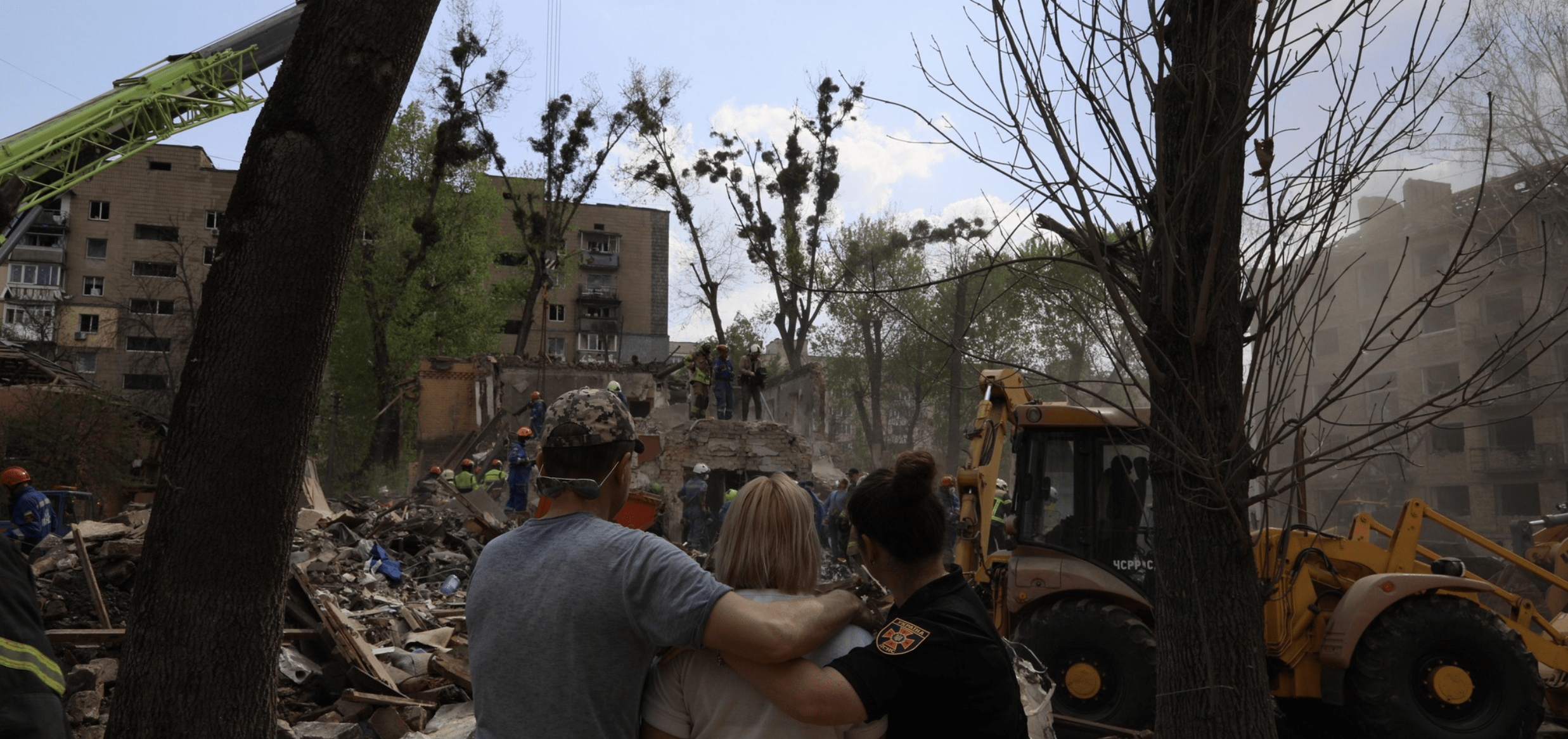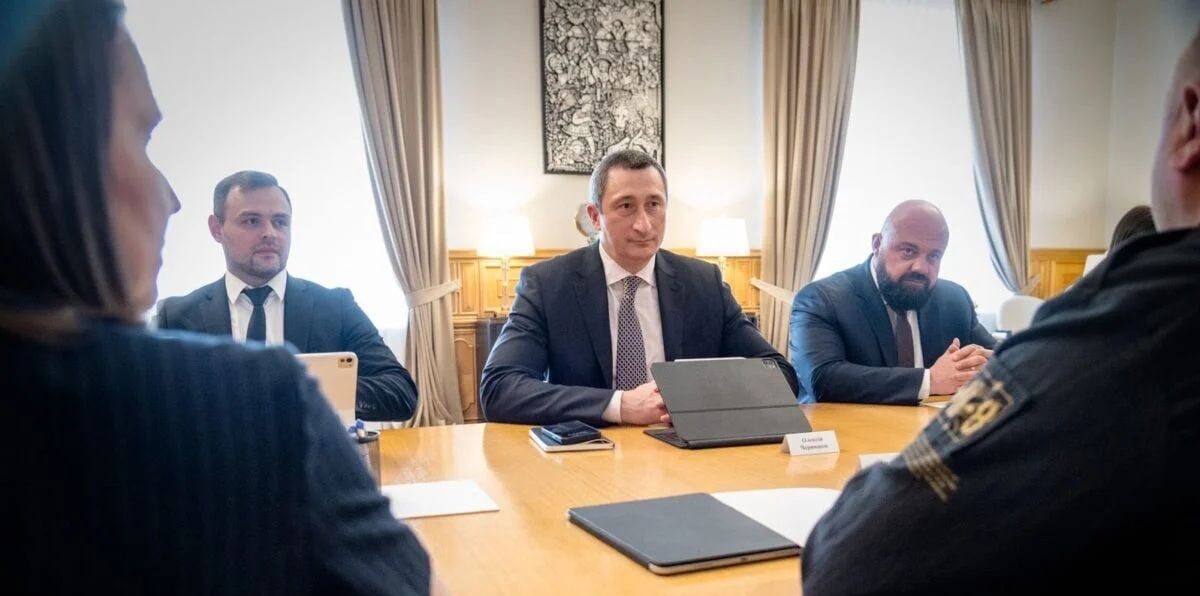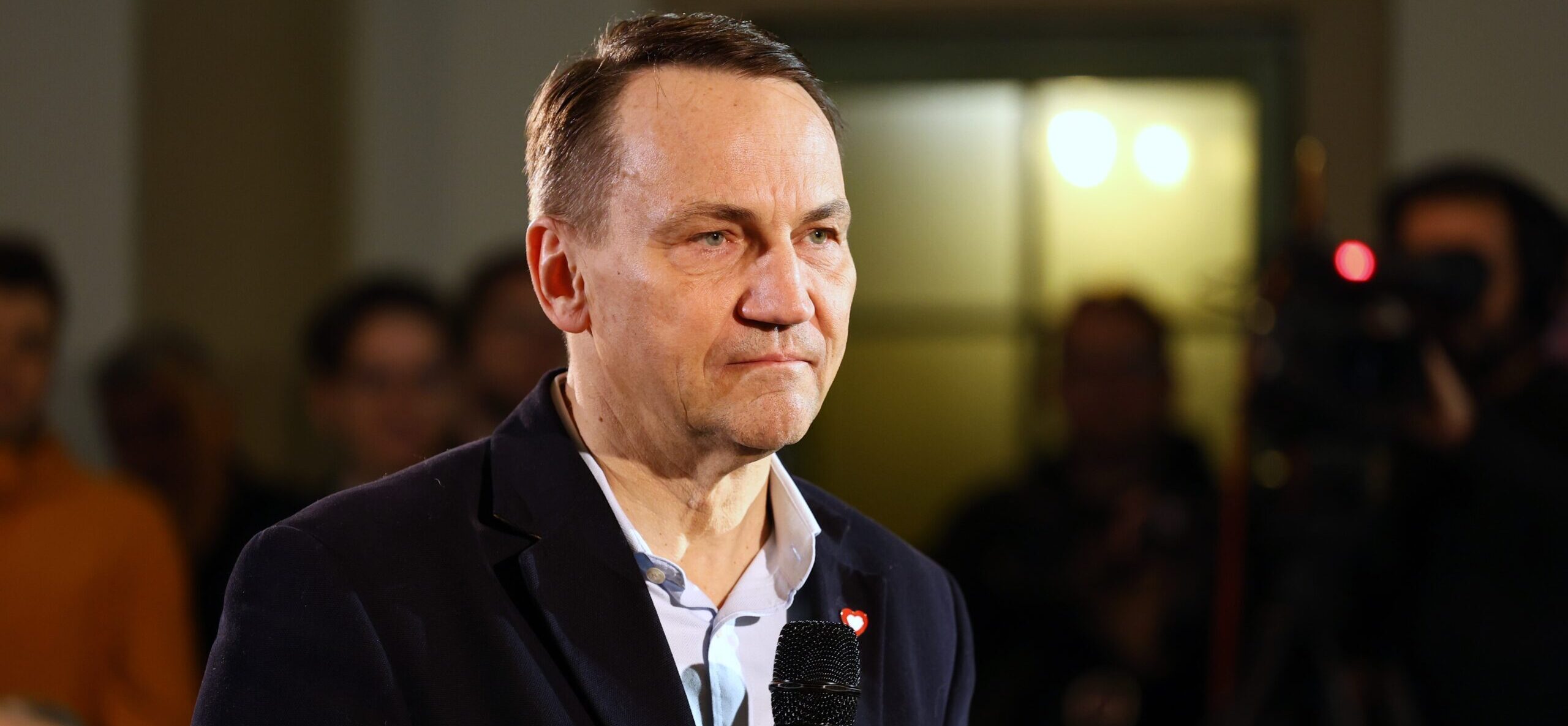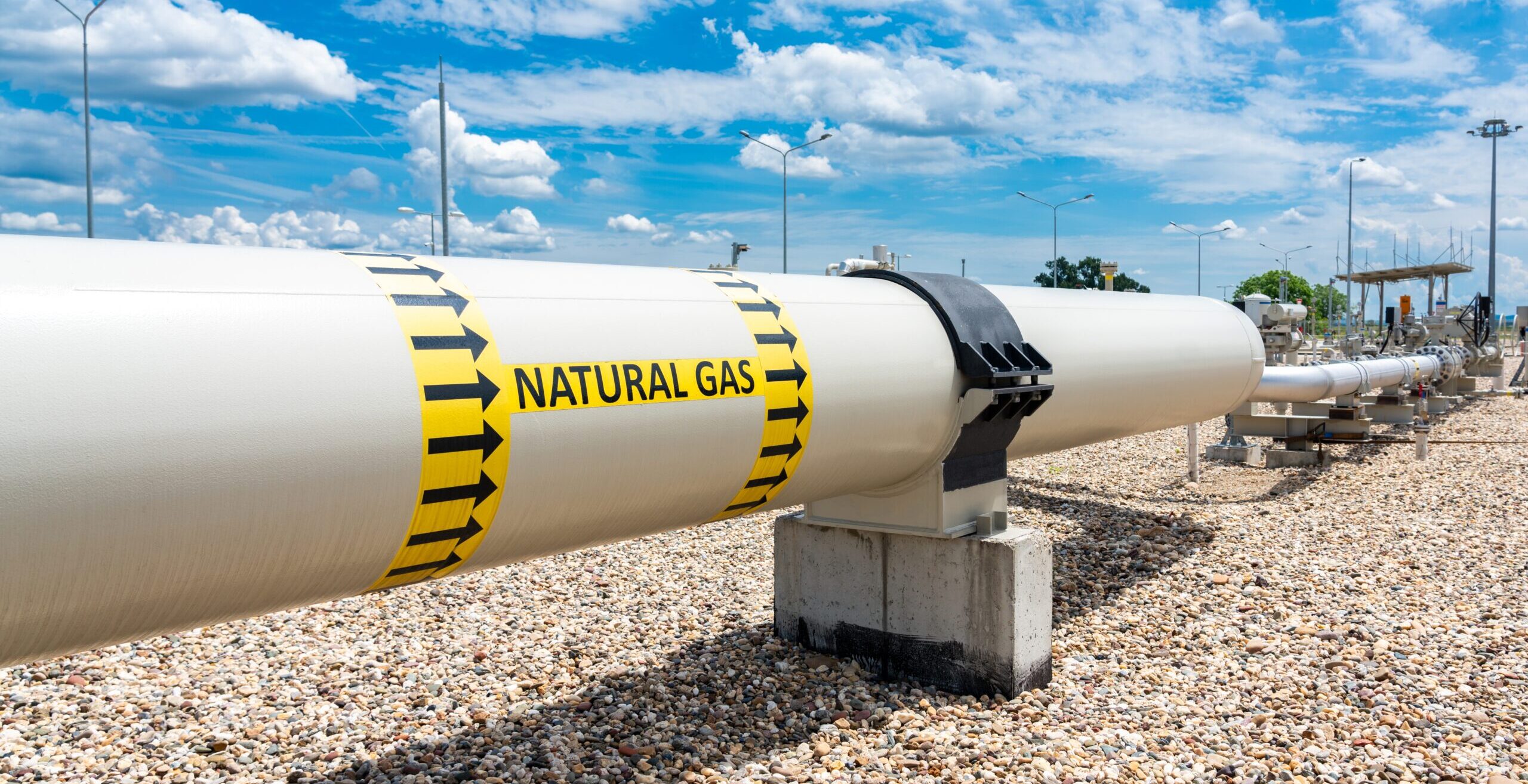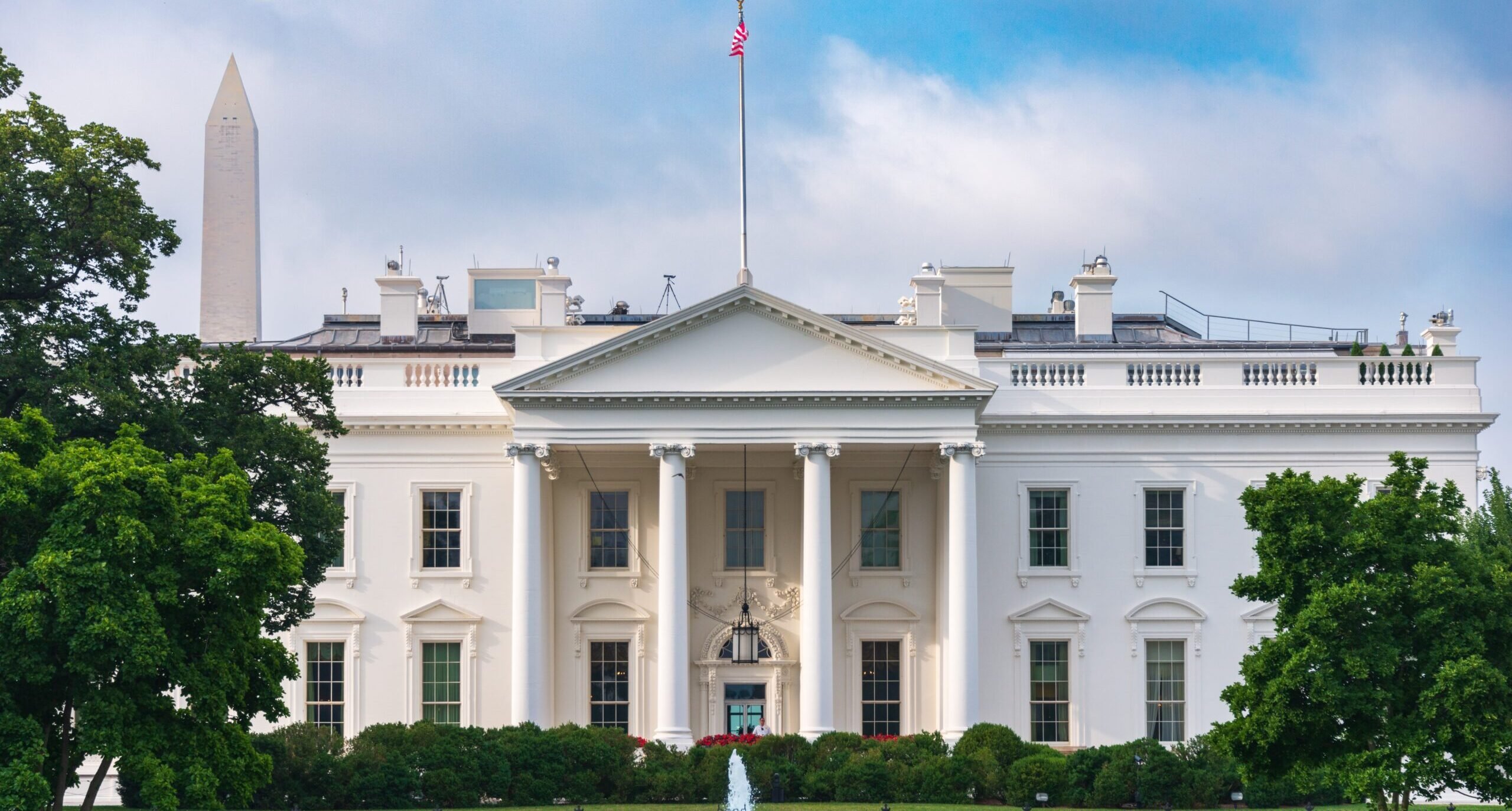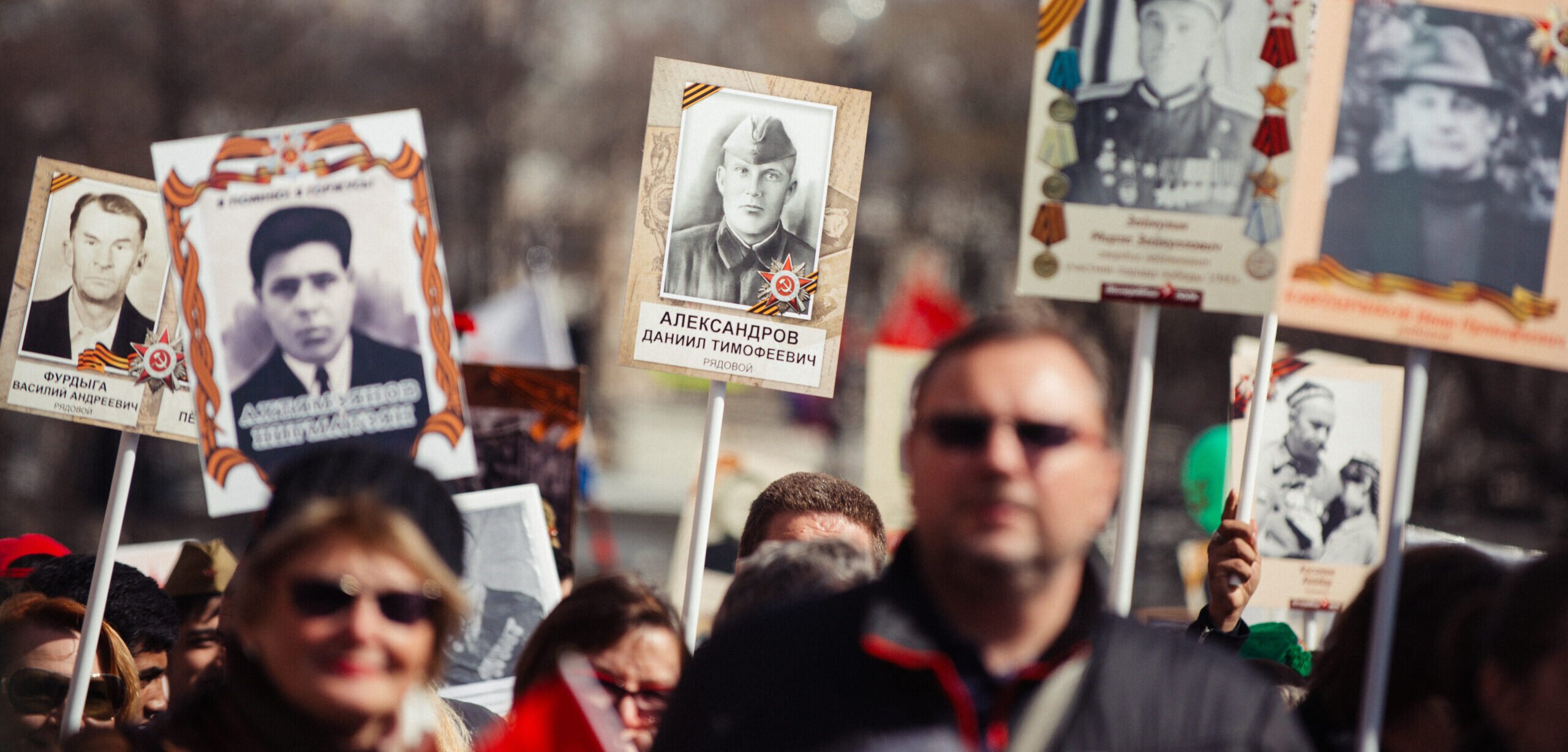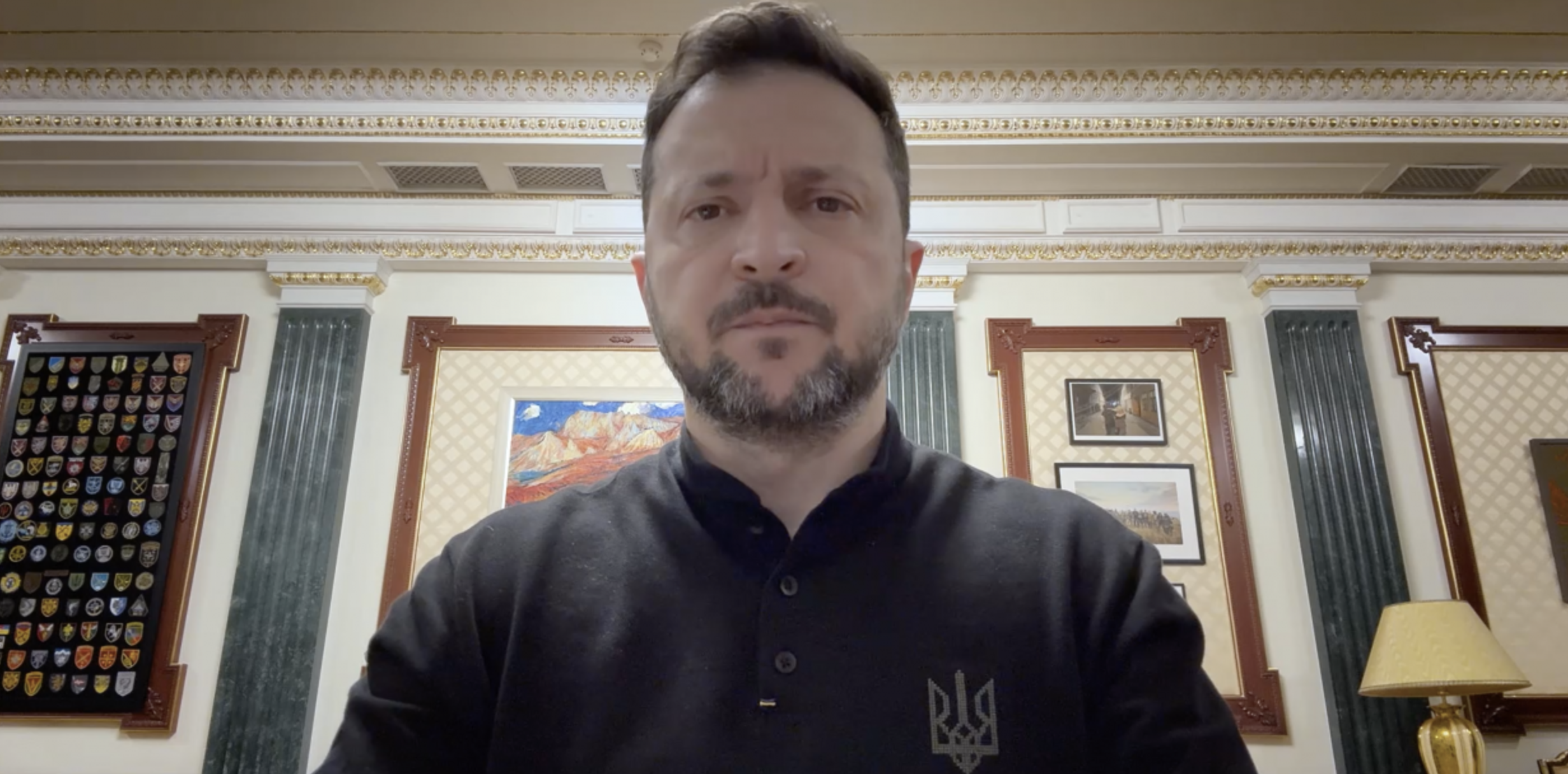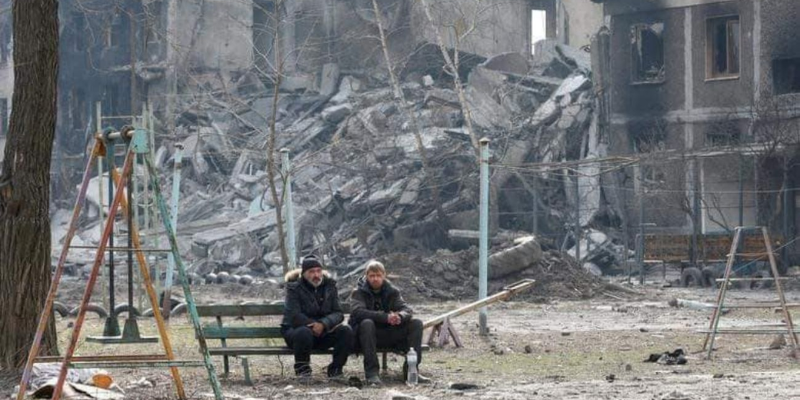
According to a story in Bloomberg, “Germany is open to using billions of euros in frozen Russian assets to help Ukraine rebuild as long as legal issues can be resolved and allies follow suit.”
Although the current German government generally supports Ukraine’s demand for war reparations it has not yet taken an official position on the complex assets seizure issue, as some parts of the ruling coalition are more ardent than others, according to people familiar with the discussions.
Bloomberg points out that the “internal tensions reflect the international community’s broader struggle to forge a common position. If Berlin can resolve its own issues, it could provide fresh momentum for discussions in the European Union and put pressure on the U.S. to seize assets, such as central bank reserves, that have been frozen in retaliation over Russia’s invasion.”
According to the story, the EU and G7 partners have frozen a total of around $311 billion in Russian central-bank reserves. The EU has also blocked an estimated €19 billion in assets held by sanctioned Russian businessmen.
A suggestion was also voiced that it would be better – from the legal standpoint – to target assets of individuals proven to be involved in Russian war crimes instead of using a blanket seizure, although such cases could take years to make their way through courts and wind up in mere symbolism.
“The detail of the discussions shows how the potential for asset seizures is moving beyond a theoretical debate and toward implementation, but major hurdles remain,” the people familiar with the discussions told Bloomberg.
